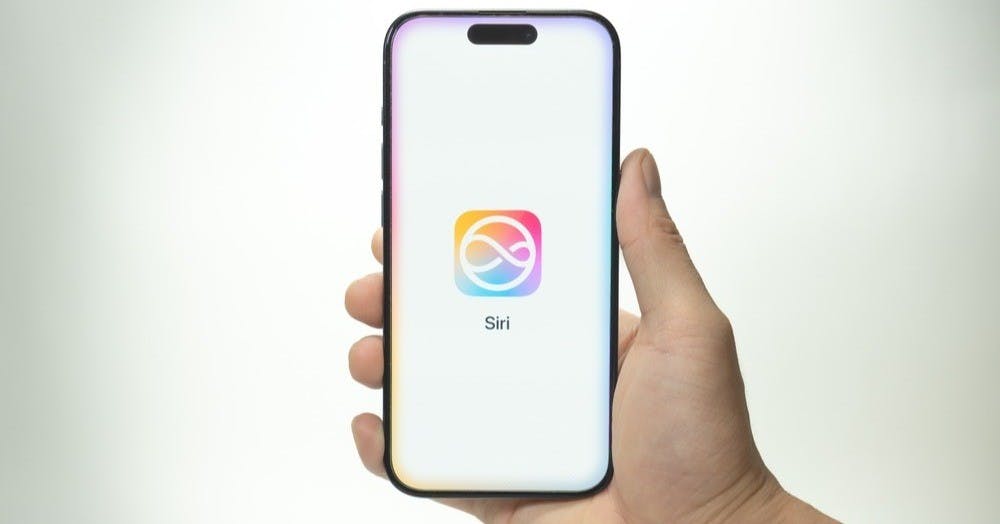In a significant shift for the iPhone ecosystem, Apple now allows Japanese users to replace Siri with Alexa or Gemini as their default voice assistant via the Side Button. This marks a major change in how voice assistants are handled on the iPhone — but it currently applies only in Japan.
What’s Changing: Replace Siri with Alexa or Gemini
With the upcoming iOS 26.2 (in beta as of late November 2025), Apple introduces a new feature: Users in Japan can assign the Side Button (long-press) to launch a third-party voice assistant app such as Google Gemini or Amazon Alexa instead of Siri.
However, the change has important conditions:
- The user must have an Apple account region set to Japan and the device must be physically located in Japan. MacRumors
- Third-party apps must explicitly support the new “App Intents” framework in order to be selectable. Without that support, the assistant may not appear as an option.
- Core iPhone controls and deep system features may still remain exclusively tied to Siri. The change doesn’t fully swap out Siri’s role in every context.
Why Apple Made the Change
This move is strongly driven by regulatory pressures. In Japan, the Mobile Software Competition Act Guidelines (enforced by the Japan Fair Trade Commission) require platform holders like Apple to provide greater interoperability and fair access for third-party software.
By allowing users to choose a different voice assistant, Apple is aligning with these new guidelines. The feature also appears alongside other changes in Japan such as support for third-party app stores and search engine choice during setup.
What This Means for Users
For Japanese iPhone users:
- They will have actual choice over which assistant activates via the Side Button—rather than being locked to Siri.
- They can select well-known alternatives like Alexa or Gemini (assuming those apps support the Side Button launch).
- This could lead to better experience for users who prefer a particular assistant’s ecosystem or voice capabilities.
For users outside Japan:
- Currently not available globally. Apple has indicated the feature is limited to Japan for now.
- There is speculation that similar flexibility might come to the European Union under the Digital Markets Act, but no formal commitment yet. MacRumors
- Users should watch for announcements of regional rollout or updates in future iOS versions.
Considerations & Limitations
- Even when a third-party assistant is set, some system-level tasks may still require Siri (e.g., certain hardware controls or deeply embedded system integrations).
- The feature is dependent on developer adoption: Unless the third-party assistant app supports the required framework, it cannot be set as default.
- The geolocation/regional condition means if you change your region or travel outside Japan, the feature may not function or you may revert to default settings.
- The rollout seems cautious—Apple is testing in one region first, which may reflect both regulatory strategy and user-experience risk mitigation.
Why This is Significant
- It represents one of the most fundamental openings of Apple’s tightly-controlled assistant ecosystem. Allowing a non-Apple assistant to be activated via the Side Button is a major shift.
- It signals how regulatory frameworks are influencing platform design—even giants like Apple must adapt to competition and interoperability rules.
- For the broader assistant market, this opens iPhone as a more viable platform for non-Siri assistants—potentially leading to more innovation and choice.
- Strategically, it may serve as a test case for Apple before offering similar flexibility in other markets.
Outlook & What to Watch For
- Regional expansion: Will Apple roll this feature out to the EU, India, or other markets where regulatory pressure exists?
- App support: How quickly will Alexa, Gemini and other assistants update to support the Side Button integration? Will there be fragmentation or seamless adoption?
- User uptake: Will many users switch away from Siri? Will habits change once the choice exists?
- Siri’s future: With rivals being given access, what happens to Siri’s development and Apple’s investment in its assistant ecosystem?
- Platform balance: Will Apple maintain safe guardrails (for security, privacy, system performance) while opening its hardware hooks to third-parties?
Conclusion
Apple’s decision to let users in Japan replace Siri with Alexa or Gemini via iOS 26.2 marks a pivotal moment: choice over voice assistant on the iPhone. While the feature is currently limited to Japan, its implications are global—hinting at a future where iPhone users may freely choose how they interact with their device’s voice controls. For now, Japanese users get first access and the rest of the world watches.



